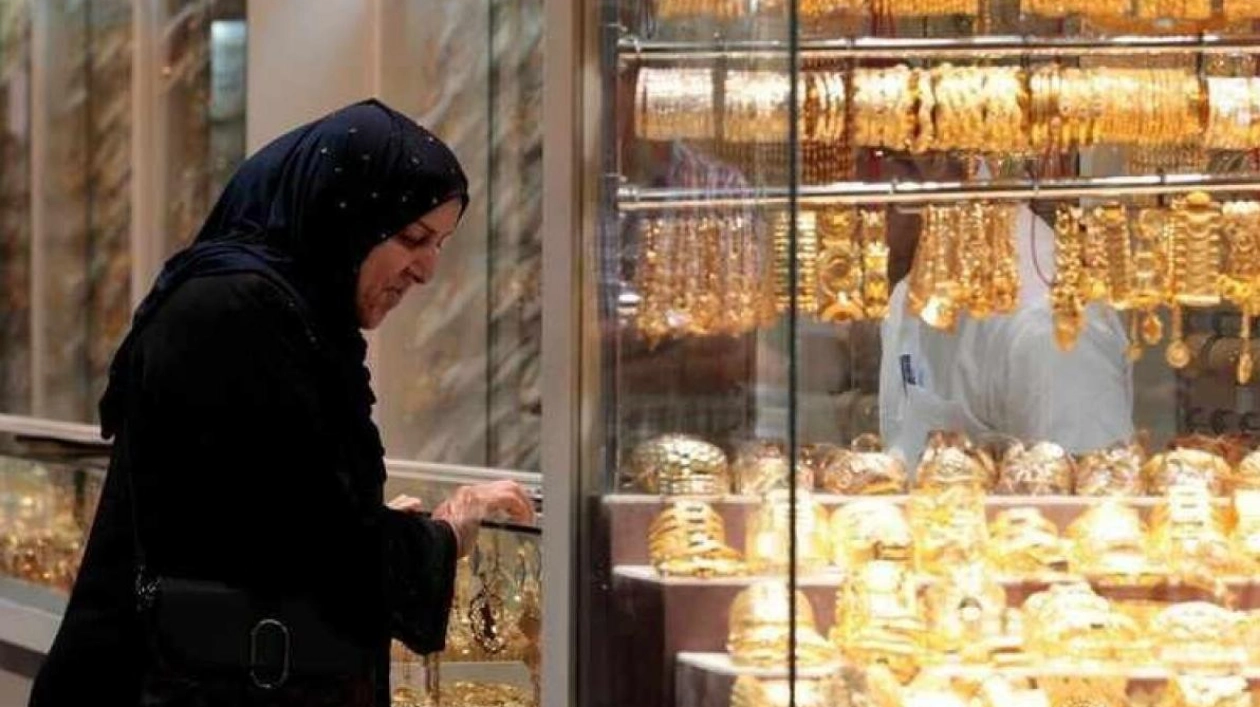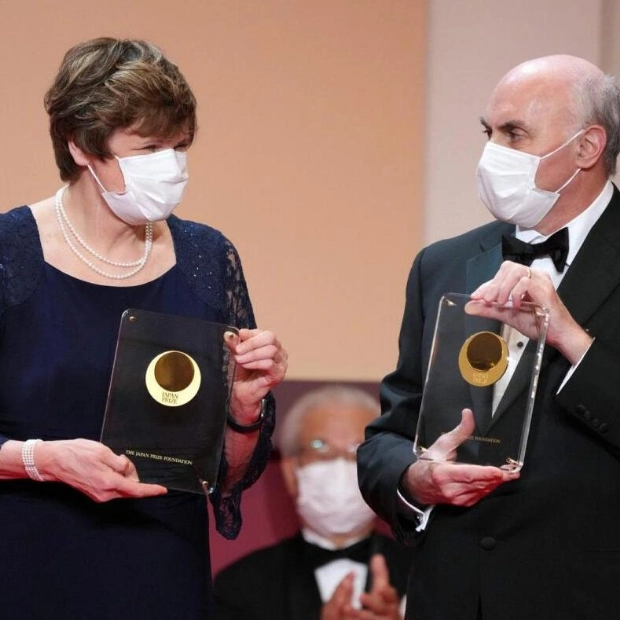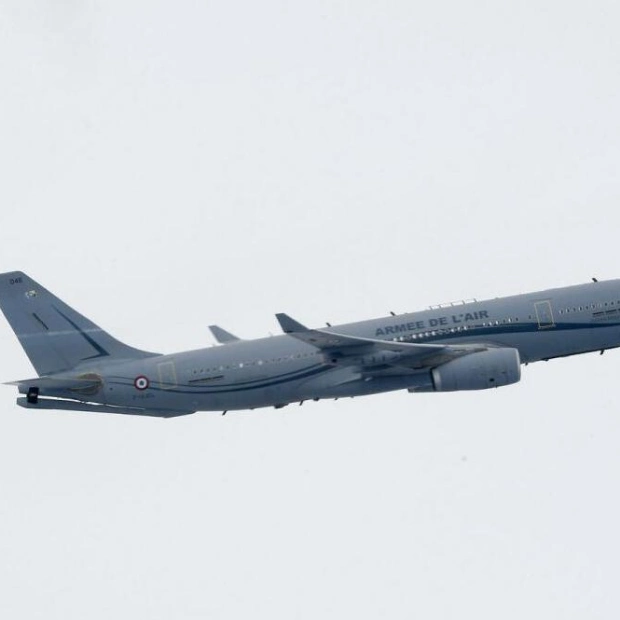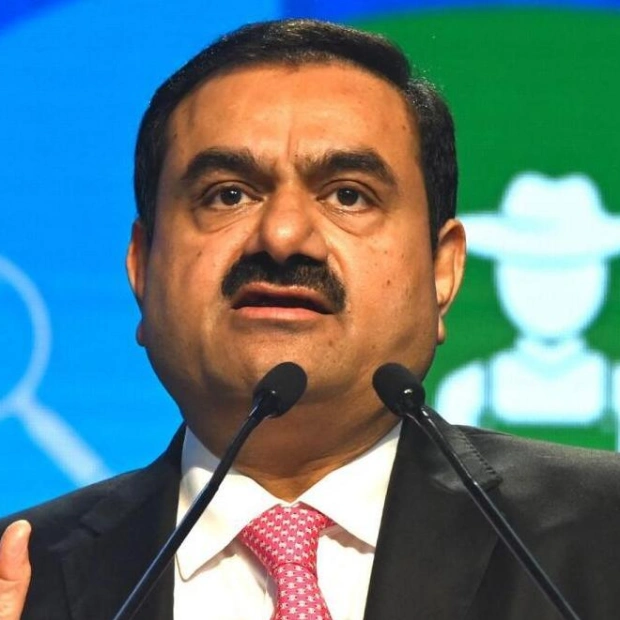India is planning to hold a review meeting with the UAE to address specific aspects of the Comprehensive Economic Partnership Agreement (Cepa), particularly in light of a recent increase in imports of precious metals. “With agreements come conditions, especially when concessional rates are involved. During the review, we will assess everything comprehensively, including the adherence to rules of origin and future actions,” stated Sunil Barthwal, India’s Commerce Secretary.
“Regarding Cepa, there are two main points: value addition norms and customs duty reductions. We are currently in discussions with the UAE on various issues that arise during such reviews,” Barthwal added. “Once the review is completed, we will consider all issues holistically.” Under the UAE-India Cepa, which became operational in 2022, gold and silver imports from the UAE receive duty concessions of one percent and seven percent, respectively, provided they meet a three percent local value addition requirement.
Prior to the latest budget, which reduced duties on gold and silver to six percent, higher duties made imports from other countries less attractive, shifting much of the trade to the UAE. However, under Cepa, preferential duties are set to decrease further in the coming years, eventually reaching zero, necessitating a review. Currently, gold can be imported from Dubai at a five percent duty, which will drop to zero in three years if the alloy contains 2.0 percent platinum.
This could result in substantial annual revenue losses, shift import activities from banks to private traders, and favor Dubai-based firms over traditional suppliers, according to a report by the Global Trade Research Initiative (GTRI). “India should reconsider tariff cuts on platinum, silver, diamonds, and gold jewelry, adjust value addition rules to exclude profit margins from origin calculations, and prohibit the conversion of expensive products like silver bars to cheaper ones like silver granules to exploit Cepa benefits. Additionally, India should halt imports of sanctioned metals from Russia via Dubai and revoke special privileges at the Gift City bullion exchange due to misuse,” suggested Ajay Srivastava, founder of GTRI.
The GTRI report also highlighted that many imports fail to meet origin conditions, disqualifying them from concessions. The UAE ranks as India’s third-largest trading partner, with bilateral trade valued at $83.65 billion in 2023-24, and silver imports surged to $1.74 billion in the same period from $29.2 million in 2022-23. India has agreed to a zero tariff on platinum imports from Dubai, with the duty set to decrease from five percent to zero by 2026, raising concerns due to the World Customs Organisation’s classification rules that consider any metal with two percent platinum as platinum.
This loophole could enable unlimited gold imports from Dubai at zero duty, leading to significant customs revenue losses and foreign exchange drain. Under Cepa, the duty on silver will decrease to zero over ten years starting in 2022, and duty concessions on diamonds could also negatively impact the local industry. India supports its diamond industry by imposing zero duty on rough diamonds and a five percent duty on cut and polished diamonds. However, under the India-UAE Cepa, cut and polished diamonds can be imported at zero duty if they undergo just six percent value addition in Dubai, potentially pressuring the margins of the domestic diamond industry and forcing many local businesses to close or relocate.






